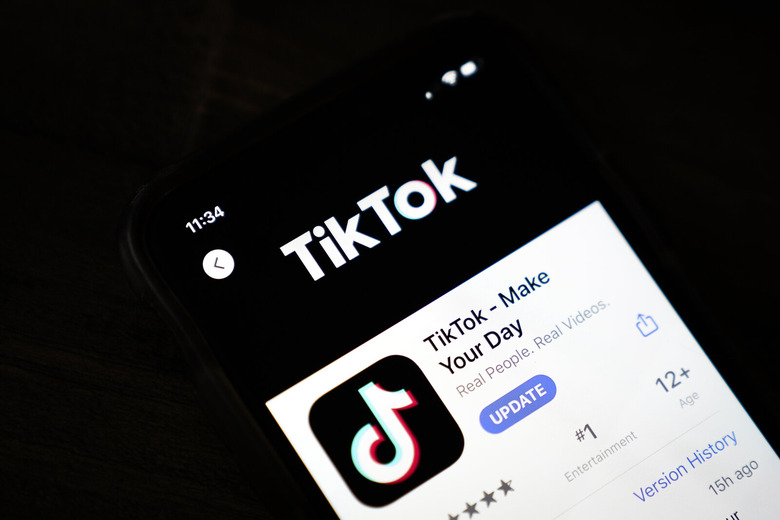Congress Introduces New Bill That Brings Nationwide TikTok Ban Within Reach
A nationwide ban on TikTok in the United States has never been closer to reality.
As reported by The Verge, Congress has introduced the RESTRICT Act, a bipartisan bill that looks to empower the Secretary of Commerce with the ability to ban apps like TikTok from the country. The bipartisan bill, which is being led by Senator Mark Warner (D), will specifically allow the Secretary of Commerce to ban technologies and companies created by foreign entities if they are deemed to be a threat to national security.
In a state, Senator Warner said that, while the bill could result in a nationwide TikTok ban, that the RESTRICT act is made to be a "comprehensive, risk-based approach that proactively tackles sources of potentially dangerous technology before they gain a foothold in America."
"Today, the threat that everyone is talking about is TikTok, and how it could enable surveillance by the Chinese Communist Party, or facilitate the spread of malign influence campaigns in the U.S. Before TikTok, however, it was Huawei and ZTE, which threatened our nation's telecommunications networks...We need a comprehensive, risk-based approach that proactively tackles sources of potentially dangerous technology before they gain a foothold in America, so we aren't playing Whac-A-Mole and scrambling to catch up once they're already ubiquitous."
While the bill does not call TikTok specifically, it will cover technologies and companies in China, Cuba, Iran, North Korea, Russia, and Venezuela. TikTok, of course, is owned by ByteDance in China. In a statement to the outlet, TikTok spokesperson Brooke Oberwette said that the new bill wasn't needed, pointing to a recent deal that was negotiated.
The Biden Administration does not need additional authority from Congress to address national security concerns about TikTok: it can approve the deal negotiated with CFIUS over two years that it has spent the last six months reviewing.
The announcement of the bill comes within a week of Canada banning the social media app on government devices and TikTok rolling out a new way for creators to monetize their content on the platform.
